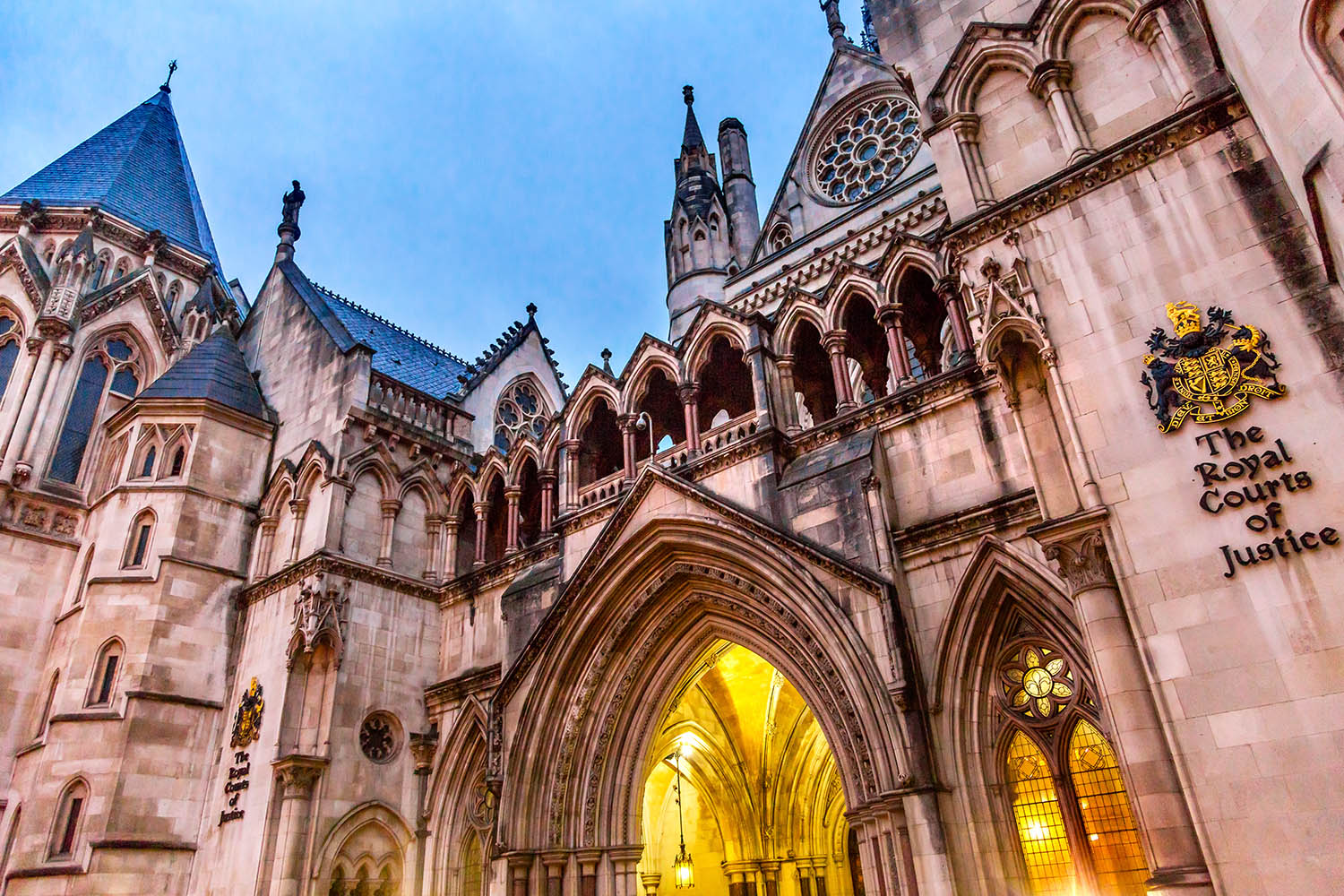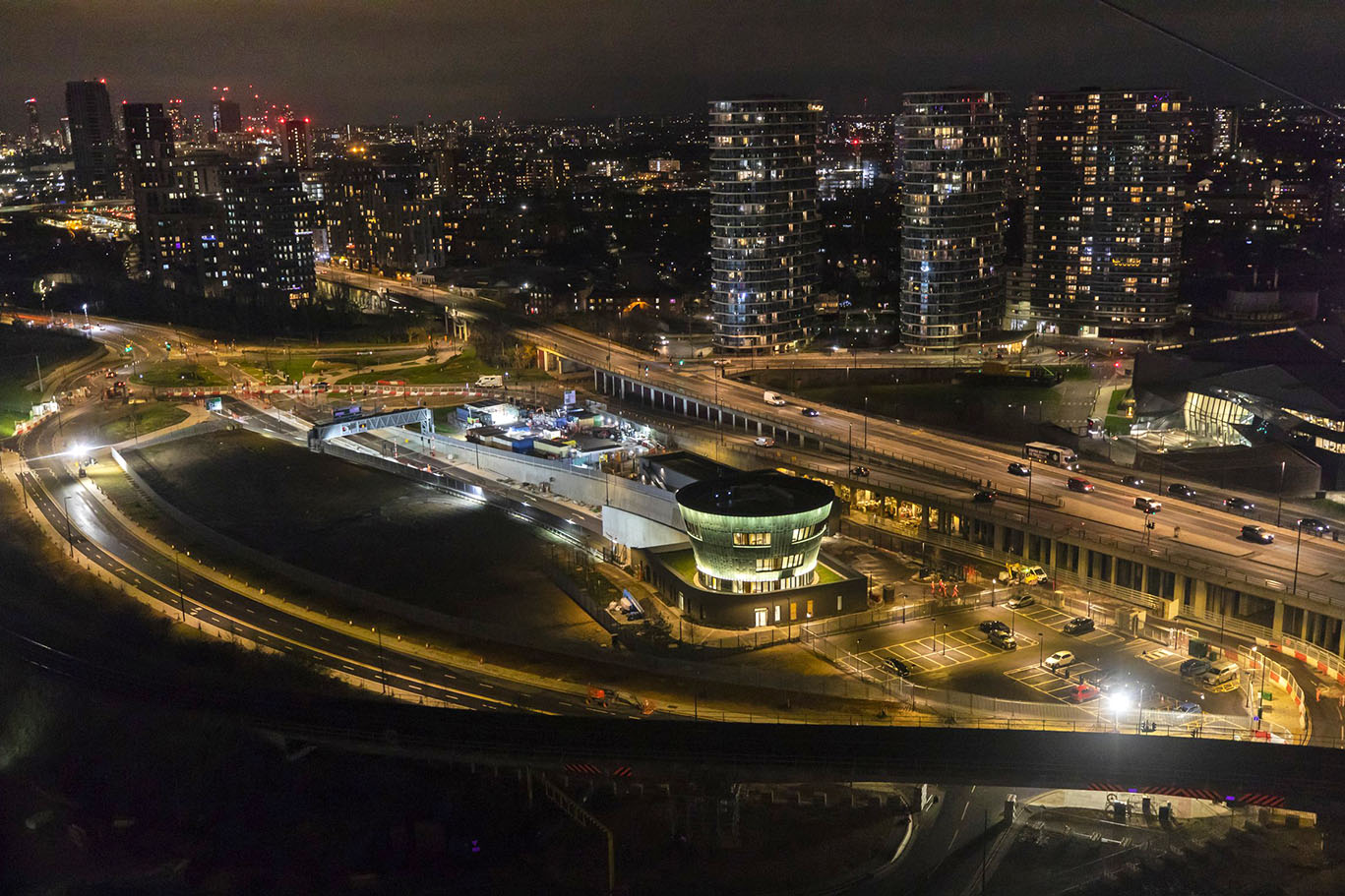
MPs and campaigners said Britain should reconsider its “out of date” abortion legislation after a woman was jailed yesterday. The 44 year-old mother of three was sentenced to 28 months in prison for using a “pills by post” scheme to induce an abortion after the legal limit.
So what? A law created in 1861 – before women had the right to vote – can still be used to prosecute women with a sentence of up to life in prison for having an abortion in a country that claims to be committed to gender equality.
Although abortion was legalised in 1967, the 1861 law was not repealed, meaning parts of it still apply – such as in some circumstances when a woman has an abortion after the 24-week legal limit.
What happened? During the Covid-19 lockdown in 2020, the woman contacted the British Pregnancy Advisory Service (Bpas) to ask for “pills by post” (a scheme that began during the pandemic and is still in place) to end her pregnancy.
- Prosecutors said she knowingly misled Bpas by stating she was below the 10-week cut-off for at-home abortions. In reality, she was between 32-34 weeks pregnant.
- After she took the provided medication at home, she called emergency services and was later admitted to a hospital where medical staff informed police.
- In March 2023, she pleaded guilty to a charge under the Offences Against the Person Act 1861 for administering drugs or using instruments to procure an abortion, after initially pleading not guilty to a charge of child destruction.
- She received a 28-month sentence, 14 of which will be spent in custody.
The judgement. In his sentencing, Justice Edward Pepperall said the woman was a good mother to her three children, one of whom has special needs. He accepted she had suffered “emotional turmoil” as she sought to hide the pregnancy after moving back in with her estranged partner during lockdown while carrying another man’s child.
But he rejected a letter signed by groups including the Royal College of Midwives and the Royal College of Obstetricians and Gynaecologists that called for a non-custodial sentence, saying that it was his “duty as a judge to apply the law as provided by Parliament”.
The Crown Prosecution Service said that although these “exceptionally rare cases are complex and traumatic”, its prosecutors have a duty to ensure the laws set by Parliament are considered and applied.
The response. Caroline Nokes MP, the Conservative chair of the women and equalities committee, said MPs should “decide in the 21st Century whether we should be relying on legislation that is centuries old”.
“It makes a case for Parliament to start looking at this issue in detail,” she told the BBC.
Harriet Wistrich, a solicitor and Director of the Centre for Women’s Justice, questioned the public interest of the case. “No one wants to have a late abortion,” she told Tortoise. “The answer is not to punish them. What possible purpose could that serve?”
The big picture: The number of women and girls facing police investigations and the threat of life imprisonment over abortion laws has increased in recent years, according to Home Office data and campaigners. In one case, a teenager was investigated during her GCSE studies after a stillbirth at 28 weeks. A coroner found that the pregnancy ended due to natural causes.
Charlotte Proudman, a barrister who co-signed a letter last summer to the Director of Public Prosecutions urging him to stop the prosecutions of women who end their own pregnancies said it was “probably right” to say this new case will set a precedent.
Proudman is working with solicitors and barristers to change the law – although that process will take time.
As it stands, nearly 100 years after women being given the right to vote, Northern Ireland is the only part of the UK where there is a legal right to abortion under the Human Rights Act.









